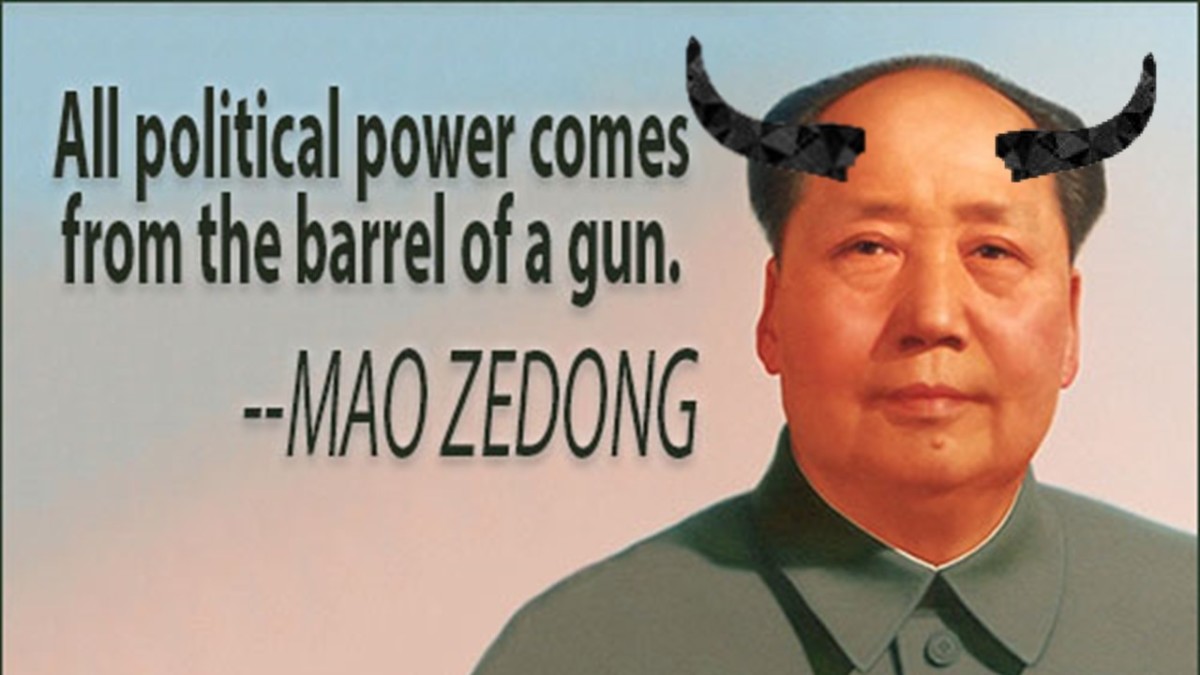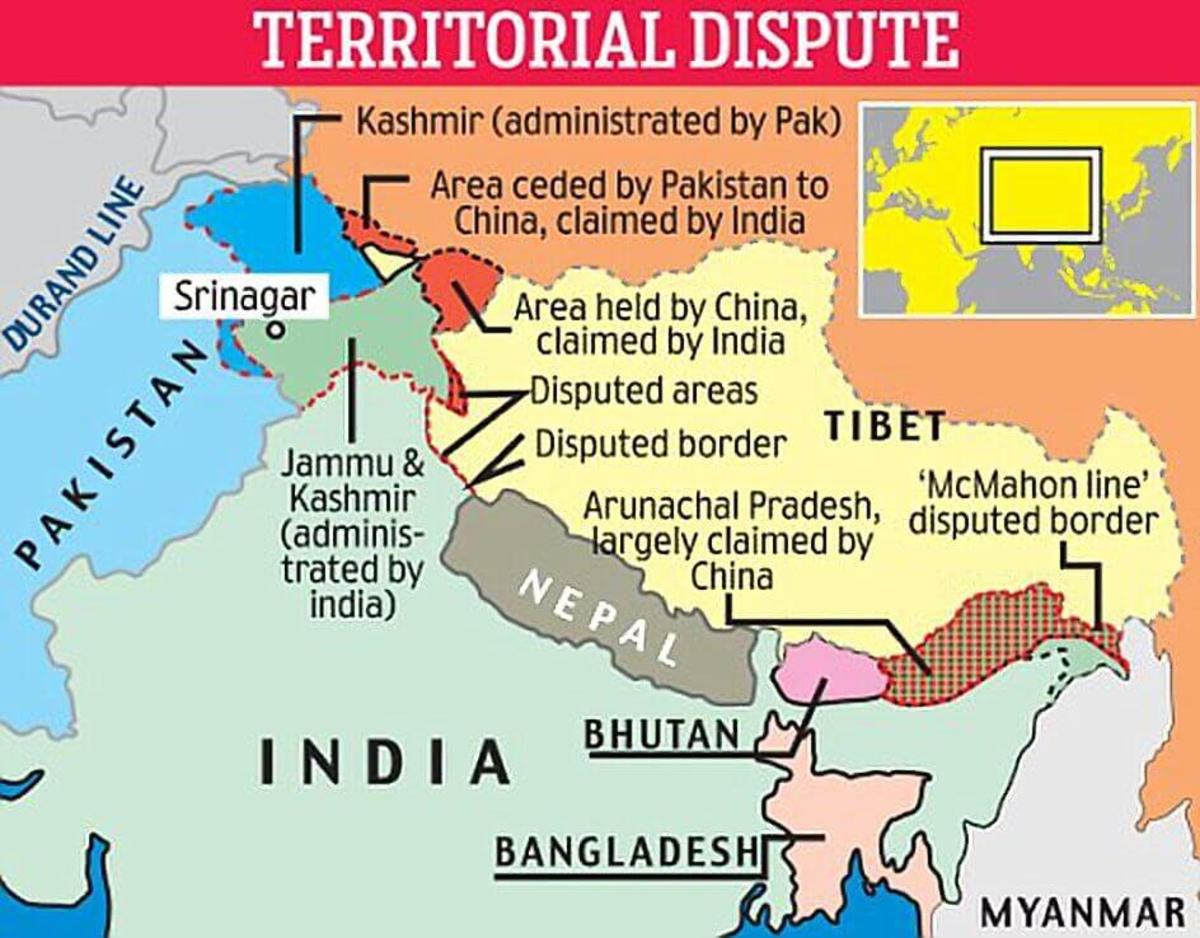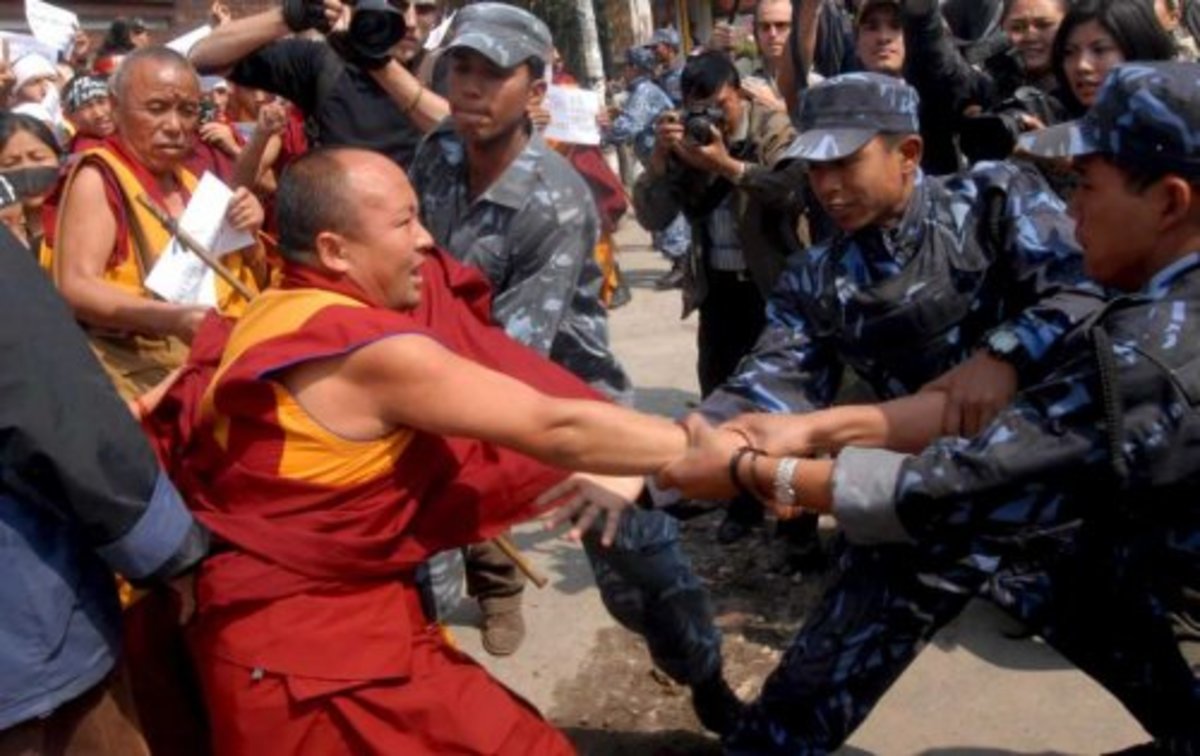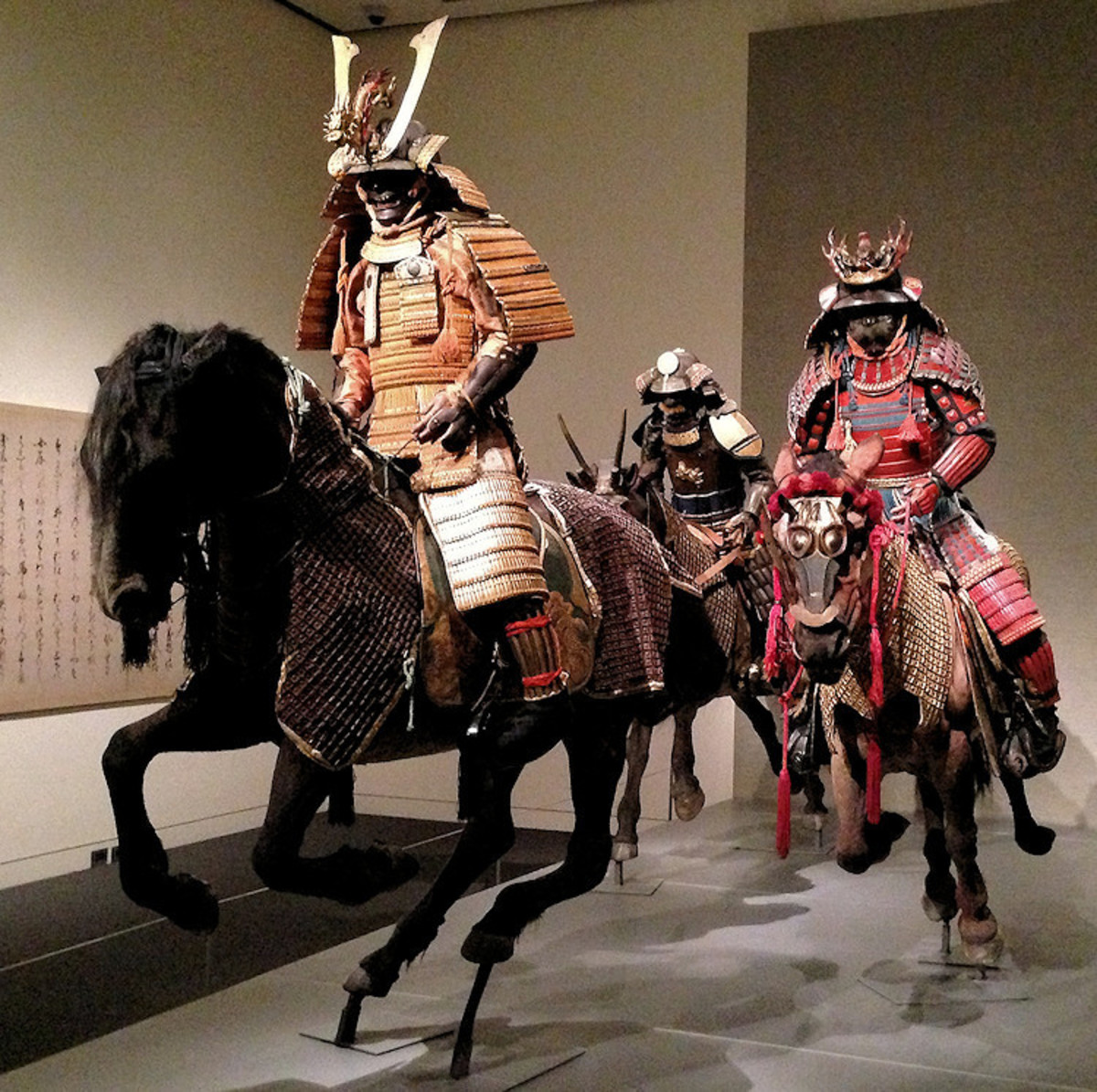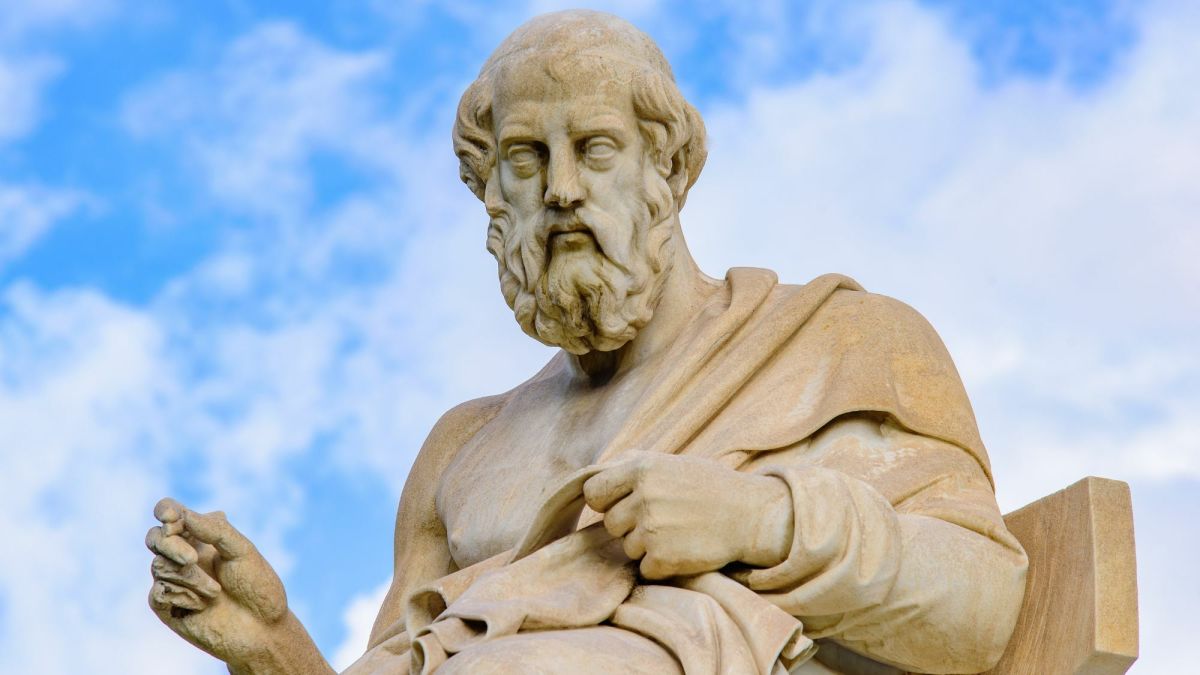China Today
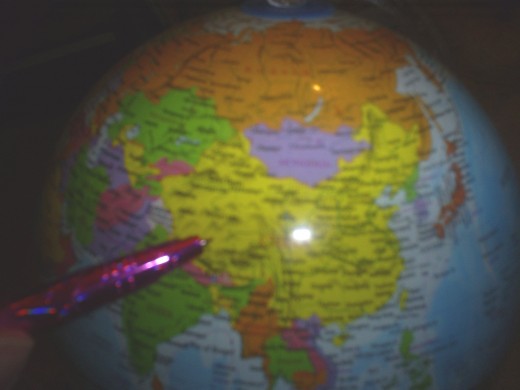
Learn more about China during World War II by reading the novel Our Lady of Kaifeng by Aya Katz.
China In History
This novel taught me some things about World War II era China that I had not read about much before.
The People's Republic of China (also known as the PRC) has a population of one point three billion people, making it the most populace country on earth. China is only followed by India (1,147,995,898) and the United States (303,824,646). China has been a Communist Republic since 1949, when Mao Zedong fell from power and his loyal followers immigrated with him to Taiwan. To this day, Taiwan still considers itself the Republic of China. Taiwan even represented China in the UN Security Council up until UN Resolution 2758 transferred representation back to mainland China.
Although Communism promised many reforms for the Chinese people, major improvements in the quality of life, health care, and life expectancy were not achieved via this political idealogy. Certain movements such as the Cultural Revolution in the 1960s only resulted in young people being being encouraged to kill their parents and terrorize others who stood for the pre-Communist or what were considered bourgeois pursuits. Before everything was over 1.5 million people were killed and the quality of life had worsened for many. In the late 1970's China decided to open its doors to trade with the rest of the World, and the economy revived with China becoming a world superpower.
Many Chinese people are now affluent and carry smartphones, drive luxury cars, and go on expensive vacations. However, the World Bank has estimated that 10% of the Chinese population lives in poverty. China is a country with a rich literary and cultural history, but today even the freedom of ideas is strictly restricted in parts of the country. Also, missionaries often have to be careful about how they send literature into the country. China is still making improvements on human rights reforms, but the situation is not as dismal during the Cultural Revolution.
Leading up the the 2008 Summer Olympics in Beijing, there was a controversy about the mistreatment of the people in Tibet. Many activists felt other countries should boycott the Olympics because China will not give Tibet its independence and freedom. Those who practice religion in Tibet have been persecuted by the state and journalists are often not allowed into Tibet to report on human rights violations. There were even some reports about how British journalists who went to Tibet to report on the Olympic protest were detained and interrogated. Freedom of speech in Tibet is almost non-existent, so many are encouraged by British Prime Minister Gordon Brown's decision to hold a conference with the Dalai Lama in hopes of reaching some sort of solution with China regarding human rights. The fight for human rights and independence in Tibet is a long and hard road as the Chinese government is reluctant to give up control of this territory.
However, the argument in favor of the Chinese government is that Tibet in general is actually doing much better since it was taken over by mainland China. There are now schools, electricity, and running water, and some have criticized how the Dalai Lama and the ruling class did not always treat the people equitably before the Chinese takeover. Also, the 2008 Olympics turned out to be a monumental success, which helped to change the perception many people had of the protests that were originally lodged against it.
Many protested against the Olympics being held in China because of the human rights violations in Tibet. However, many Chinese-American immigrants are proud that China was selected as a venue for the Olympics and are in full support of the games. During the torch march many protesters showed up to express their opposition to the Olympics, so the torch route had to redirected several times. People were displeased with President Bush's decision to visit the Olympics, and they felt he should not because of the crisis in Tibet. However, President Bush stated he had planned visiting China during the Olympics because this is a sporting event, and not a political one. In the end much of the world community decided China was a great venue for the Olympics once it got under way, and they turned out to be very hospitable to visitors that came for the festivities.
Pollution in China
Industrialization in China has contributed to air and water pollution becoming worse and worse. This was a concern for the world community back during the 2008 Olympics, but what about the Chinese people who have to put up with this every day? Air pollution is so horrible many parts of China, such as Hong Kong, that people cover their mouths to breath when they are outside. Much of this can be attributed to the Chinese use of diesel fuel in buses and the use of coal in power plants and factories.
So what can the west do to help China with their pollution crisis? The United States has begun to help China by having NGO (Non-Governmental Organizations) work help improve energy and water usage. The Chinese have shown interest in improving the air quality and actually have made great strides leading up to and after the recent Olympics, but there is still much work to be done. The Chinese are also ahead of the US in exploring solar energy and alternative fuels, so China is on the way to cleaning up much of its pollution problem. It cannot control everything, but it is striving to do what it can.
In California we have many smoggy days, but we also have many clear days where we can see the mountains surrounding our city valleys. China has many mountains and valleys, but it is often hard to see the mountains because of all the air pollution. One good thing that China is doing is to stop making plastic shopping bags, which is something the rest of the world could also strive to do. Buy reusable bags instead of buying plastic ones, which just sit in landfills for an eternity.
However, I think it is also very sad to consider the fact many of the products we buy are made in China, which contributes to the increasing amount of water and air pollution this country is experiencing. We should try to recycle, reuse, and buy locally when possible, which helps each of our own local economies and helps the environment from suffereing the stress of transporting goods.




